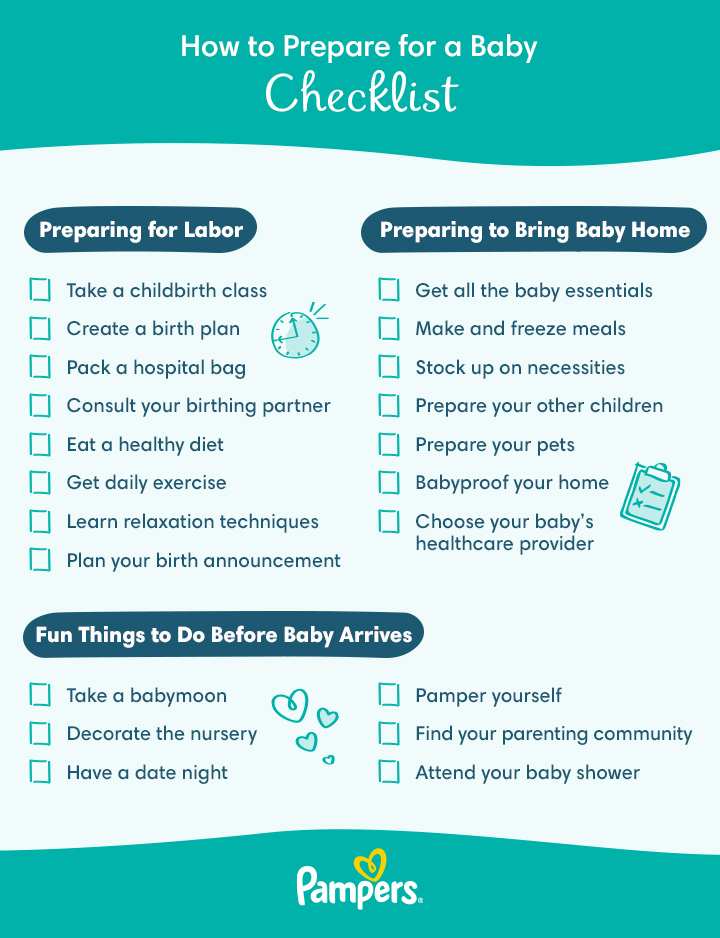
Newborn Baby Care Checklist: A Comprehensive Guide for New Parents
Welcoming a newborn into the world is an incredibly joyful and transformative experience. However, it can also be overwhelming for new parents who are navigating the uncharted waters of caring for a tiny, helpless human being. To help ease the transition, we have compiled a comprehensive newborn baby care checklist that covers everything you need to know about feeding, bathing, diapering, and more.
Feeding
- Breastfeeding: If you choose to breastfeed, it’s important to establish a good latch and feeding schedule. Newborns typically need to feed every 2-3 hours, but this may vary depending on the baby’s individual needs.
- Bottle-feeding: If you are bottle-feeding, choose a formula that is appropriate for your baby’s age and health needs. Follow the instructions on the formula container carefully and sterilize all bottles and nipples before use.
- Burping: Burp your baby frequently during and after feedings to help release trapped air and prevent gas and colic.
- Pacifiers: Pacifiers can help soothe a fussy baby and promote sucking, which can be beneficial for premature or low-birth-weight babies. However, avoid using pacifiers too frequently, as they can interfere with breastfeeding.
Bathing
- Frequency: Newborns do not need to be bathed every day. In fact, over-bathing can dry out their delicate skin. Aim to bathe your baby 2-3 times per week.
- Water temperature: The water should be lukewarm, around 98-100 degrees Fahrenheit.
- Soap: Use a mild, fragrance-free baby soap.
- Washcloth: Use a soft washcloth to gently wash your baby’s body, avoiding the eyes and mouth.
- Drying: Pat your baby dry with a soft towel and apply a moisturizer to prevent dryness.
Diapering
- Frequency: Newborns need to be changed frequently, especially in the first few weeks. Aim to change your baby’s diaper every 2-3 hours, or more often if it is soiled or wet.
- Diaper size: Choose a diaper that fits your baby snugly but not too tightly.
- Diaper cream: Apply a diaper cream to your baby’s bottom at each diaper change to prevent diaper rash.
- Wipes: Use fragrance-free, hypoallergenic baby wipes to clean your baby’s bottom.
- Disposal: Dispose of soiled diapers in a diaper pail or trash can.
Sleep
- Sleep environment: Create a safe and comfortable sleep environment for your baby. The room should be dark, quiet, and cool.
- Swaddling: Swaddling can help soothe a fussy baby and promote sleep.
- Sleep position: Always place your baby on their back to sleep to reduce the risk of Sudden Infant Death Syndrome (SIDS).
- Sleep schedule: Newborns do not have a regular sleep schedule, but they will gradually develop one over time.
Health and Safety
- Umbilical cord care: Keep the umbilical cord clean and dry. It will typically fall off within 1-2 weeks.
- Circumcision care: If your baby is circumcised, follow the doctor’s instructions for cleaning and caring for the circumcision site.
- Jaundice: Jaundice is a common condition in newborns that causes yellowing of the skin and eyes. If you notice any signs of jaundice, contact your doctor.
- Fever: A fever in a newborn is a medical emergency. Contact your doctor immediately if your baby’s temperature is 100.4 degrees Fahrenheit or higher.
- Car seat safety: Always use a car seat when transporting your baby. The car seat should be installed correctly and the baby should be properly secured.
Other Essentials
- Clothing: Choose soft, comfortable clothing for your baby. Avoid clothing with buttons or zippers that can irritate their skin.
- Blankets: Keep your baby warm with soft, breathable blankets.
- Toys: Provide your baby with age-appropriate toys to stimulate their development.
- Baby monitor: A baby monitor can help you keep an eye on your baby while you are in another room.
- Diaper bag: Pack a diaper bag with all the essentials you need when you are out and about with your baby.
Additional Tips
- Be patient: Caring for a newborn can be challenging at times. Be patient with yourself and your baby as you adjust to this new chapter in your life.
- Ask for help: Don’t be afraid to ask for help from family, friends, or a postpartum doula.
- Trust your instincts: You know your baby best. If you have any concerns about your baby’s health or well-being, don’t hesitate to contact your doctor.
- Enjoy the moments: The newborn stage is a fleeting time. Cherish every moment with your little one and don’t sweat the small stuff.
Remember, every baby is different and may have specific needs. It’s important to consult with your healthcare provider for personalized advice and guidance. By following this comprehensive newborn baby care checklist, you can provide your precious little one with the best possible care and create a strong foundation for their health and well-being.
